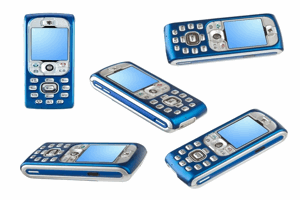Last updated April 12, 2019
 The recent disruption of cell phone services by BART – the Bay Area Transit System – has been met with mixed views.
The recent disruption of cell phone services by BART – the Bay Area Transit System – has been met with mixed views.
Some people see absolutely nothing wrong with what BART did and believe that authorities should have the right to cut off cell phone services as they see fit. After all, a cell phone is a privilege, not a right.
Others see it as a freedom of speech violation. Cell phones may not be a “right” as such, but as a highly-prevalent form of communication, disrupting service in order to impede communication is a breach of our civil rights.
You may not see what all of the noise is about; many who do not depend upon their cell phones for primary communications don’t. But trust me when I tell you that, in the wider world, what BART did is a big deal and the implications are far-reaching. So much so that Cornell professor Steve Wicker is writing a book about it. “Cellular Convergence and the Threat to Speech and Privacy” is the name of the book, which will be published by Oxford University Press.
Addressing BART’s actions, Mr. Wicker says:
“The role of cellular communication in recent protests and revolts throughout the world puts cellular communication in the place once held by printing presses and fax machines in the revolutionary toolkit. […] BART’s disruption of coverage raises serious questions about citizen rights to prominent speech platforms. Service providers should not be allowed to exercise prior restraint on speech by simply pulling the plug on cellular service.”
What do you think?